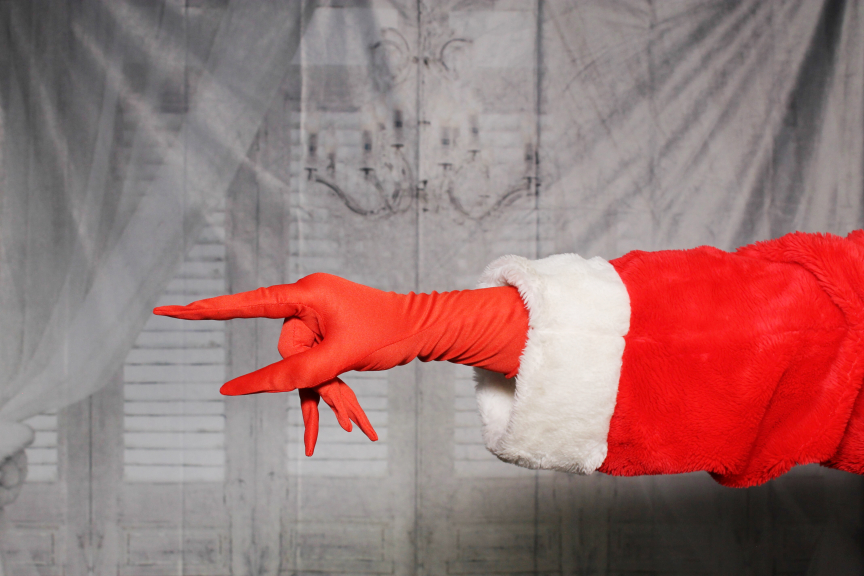Why Did the Grinch Steal Christmas? Rutgers Psychology Professor on Using Holiday Stories to Understand Holiday Depression
Anthony Tobia examines the characters of Scrooge and the Grinch to understand symptoms of mental illness

"One of the things we rarely speak about is for people to understand that while the entire globe is in celebration mode, it is okay if you are not in the mood to celebrate. You should not feel guilty."– Anthony Tobia
“The Grinch hated Christmas! The whole Christmas season! Now, please don’t ask why. No one quite knows the reason,” Dr. Seuss wrote.
But Anthony Tobia, a psychiatrist at Rutgers Robert Wood Johnson Medical School, disagrees: We should ask why the Grinch stole Christmas.
Examining the motivations of the Grinch and Ebenezer Scrooge can help us better understand and remove the stigma from feelings of depression and isolation that can make people feel lonely and disinterested during the holiday season, Tobia said. It’s an important lesson for people who struggle with depression, as well as for their loved ones and mental health providers.
“The Grinch isolates himself and escapes to the peak of Mount Crumpit, and this is an important fact in the narrative. People who are depressed tend to isolate and that’s one of the telltale warning signs for family and friends. He has difficulty forming relationships, and he ruminates and develops this idea to steal happiness from others,” he said.
Tobia discusses the Grinch, Scrooge and other fictional characters in courses that encourage students to analyze mental health issues through popular culture, and on his Psychology Today blog.
Tobia said the holiday season can pose significant stressors for those affected by depression and anxiety, and this can lead to heightened symptoms.This may explain why so many holiday stories depict the gloomier side of characters.
“Scrooge’s irritability and predilection to say ‘bah humbug’ are cardinal features of major depressive disorder. His past history from his sister Fan’s death, the termination of his engagement to Alice and his hallucinations are all signs that lead to this conclusion,” he said.
While the holiday season can increase the symptoms of depression and anxiety, it’s important to allow others the freedom to feel what they feel without adding shame from social expectations on how one “should feel” during this time of year.
“One of the things we rarely speak about is for people to understand that while the entire globe is in celebration mode, it is okay if you are not in the mood to celebrate. You should not feel guilty,“ said Tobia. “This is a real illness. Just because you feel different, you should not hide in the shadows like Scrooge or the Grinch.”
Tobia is available for comment on holiday depression. Please contact Cynthia Medina to schedule an interview.